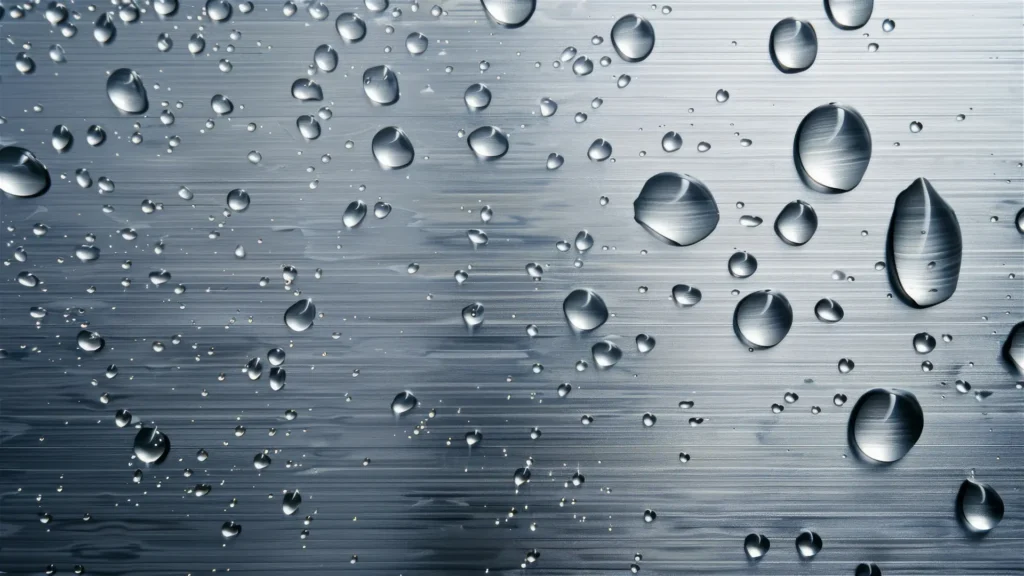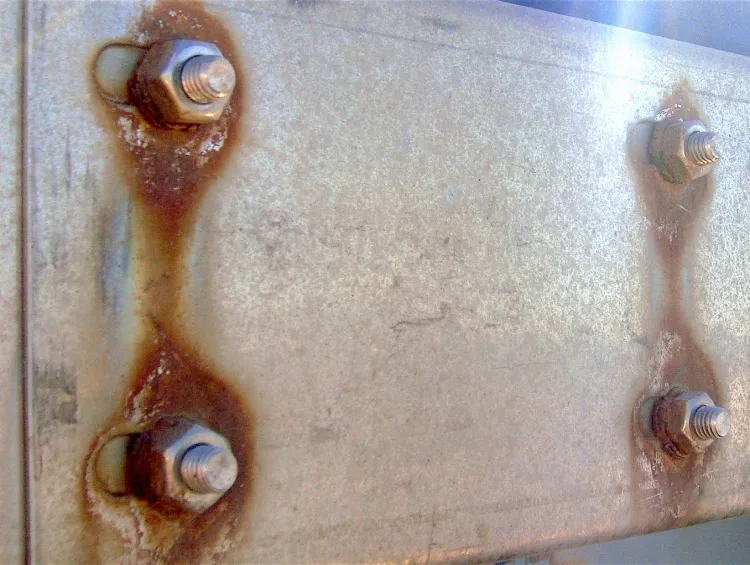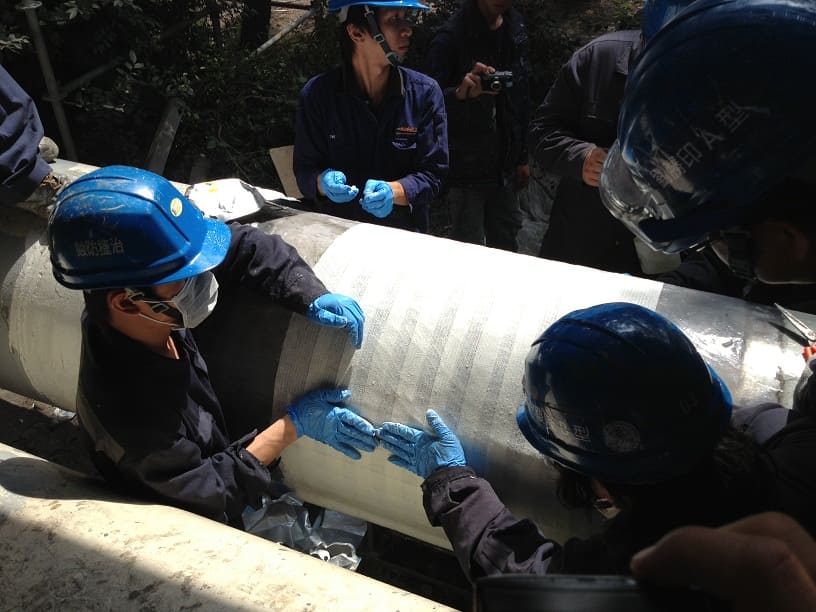Will Aluminium Rust? Expert Answers on Saltwater, Steel Contact & Corrosion Risks
Aluminium does not rust in the traditional sense (i.e., form iron oxide), but it can corrode under certain conditions—especially when exposed to saltwater or in contact with other metals. Here’s a detailed explanation:
1. Why Aluminium Doesn’t “Rust”
- Rust refers specifically to iron oxide, which occurs when iron/steel reacts with oxygen and moisture.
- Aluminium, however, quickly forms a thin, transparent oxide layer (Al₂O₃) upon exposure to air. This protective film passivates the surface, preventing further corrosion.
- Once formed, this oxide layer self-heals instantly when scratched—as long as oxygen is present—making aluminium highly resistant to everyday corrosion.
So while aluminium doesn’t “rust,” it can corrode—but the processes and outcomes are different.

2. What Happens in Saltwater
Water containing chloride ions (like NaCl in seawater) is a major culprit:
- Chloride ions attack and break down the oxide layer, initiating localized corrosion such as pitting and crevice corrosion.
- Pitting corrosion creates small, deep holes in the metal surface and is common near the coastline or marine exposure
- Crevice corrosion occurs in gaps (e.g., under gaskets, rivets, or joints), where trapped saltwater becomes aggressive and oxygen-depleted, accelerating damage
Although not as widespread as on steel, these types of corrosion can significantly compromise aluminium’s integrity in marine environments.
3. When Aluminium Touches Other Metals (Galvanic Corrosion)
When aluminium is in contact with more noble metals (like copper, stainless steel or carbon steel) in the presence of an electrolyte (like water), galvanic corrosion occurs:
- Aluminium becomes the anode, corroding preferentially, while the other metal acts as the cathode
- This effect is common in marine fittings or mixed-metal structures: aluminium connected to stainless bolts, copper piping, etc.
- Severity increases with larger cathode-to-anode surface area ratios or in saltwater, where the electrolyte enhances electrical conduction
Examples:
- Aluminium hull with steel propulsion components: saltwater forms a conductive path and aluminium corrodes rapidly.
- Stainless-steel screws in aluminium camera housing rust into the aluminium threads after just one seawater immersion.

4. Role of the Oxide Layer
- The oxide layer protects against atmospheric corrosion, particularly in clean, dry air
- Unfavorable conditions—chloride salts, low pH, or contact with reactive metals—can remove or damage this layer
- Once disrupted, corrosion accelerates, especially near metallic interfaces or crevices.
5. Preventing Corrosion: Best Practices
Galvanic Corrosion Controls
- Use insulating materials (plastic gaskets, rubber washers) between aluminium and other metals
- Choose compatible fasteners, e.g., 316L stainless or aluminium bolts, to match galvanic potential
- Keep the aluminium surface area much larger than the cathode or isolate connections
Saltwater Environment Measures
Regularly clean metal surfaces and avoid persistent moisture in joints and crevices
Apply protective coatings, anodizing, or paint to shield from chloride attack
Install sacrificial anodes (zinc or magnesium) on boats/structures in seawater to divert corrosion away from aluminium

6. Summary Table
| Condition | Effect on Aluminium |
|---|---|
| Air (dry) | Protective oxide—minimal corrosion |
| Saltwater exposure | Pitting, crevice corrosion via chlorides |
| Contact with noble metal in wet | Galvanic corrosion, aluminium sacrificed |
| Crevices/gaps | Localized corrosion accelerates |
| Insulation/coating | Corrosion greatly reduced |
In Practical Terms
- Aluminium won’t rust like steel, but it can corrode via oxidation, pitting, and galvanic attack.
- Saltwater is its biggest environmental enemy, especially near docks, coastal infrastructure, or boats.
- Contact with other metals, particularly stainless steel or copper, dramatically increases corrosion risk in moist conditions.
- Proper design, materials choices, and maintenance are essential to maintaining aluminium’s longevity.
Need aluminium products built to last—especially in coastal or industrial environments?
Contact us today at Goldtech Aluminium & Steel Limited for marine-grade aluminium, custom fabrication, or corrosion-prevention solutions.
